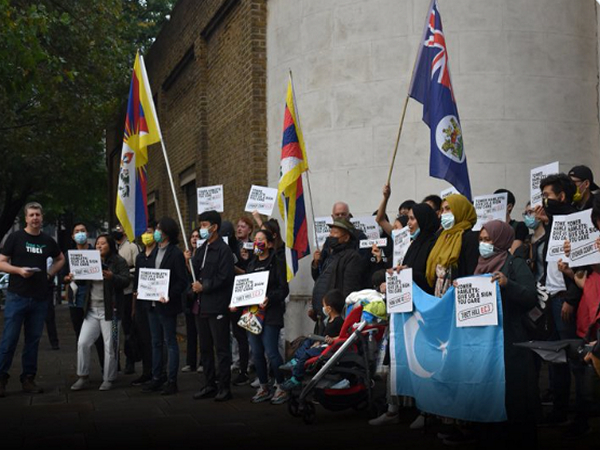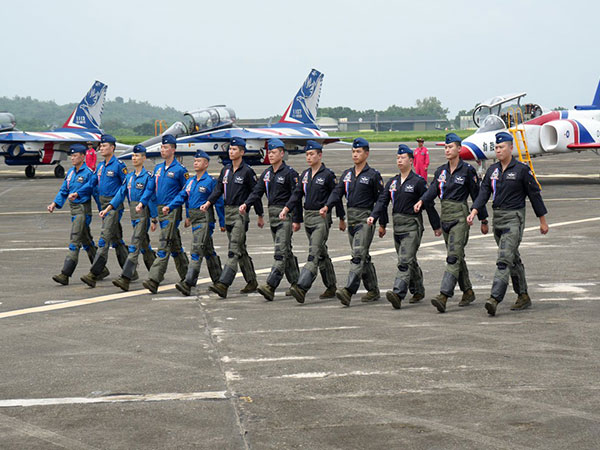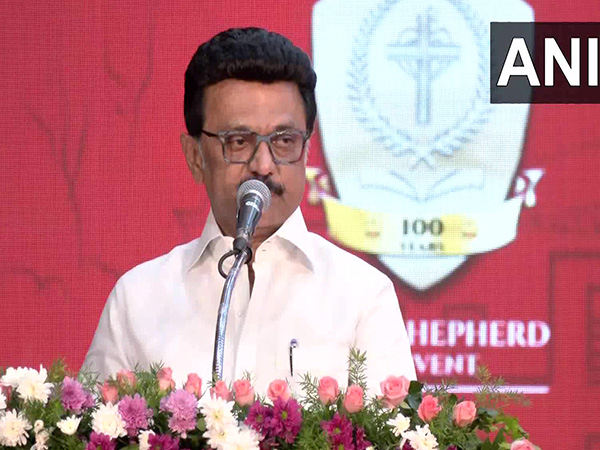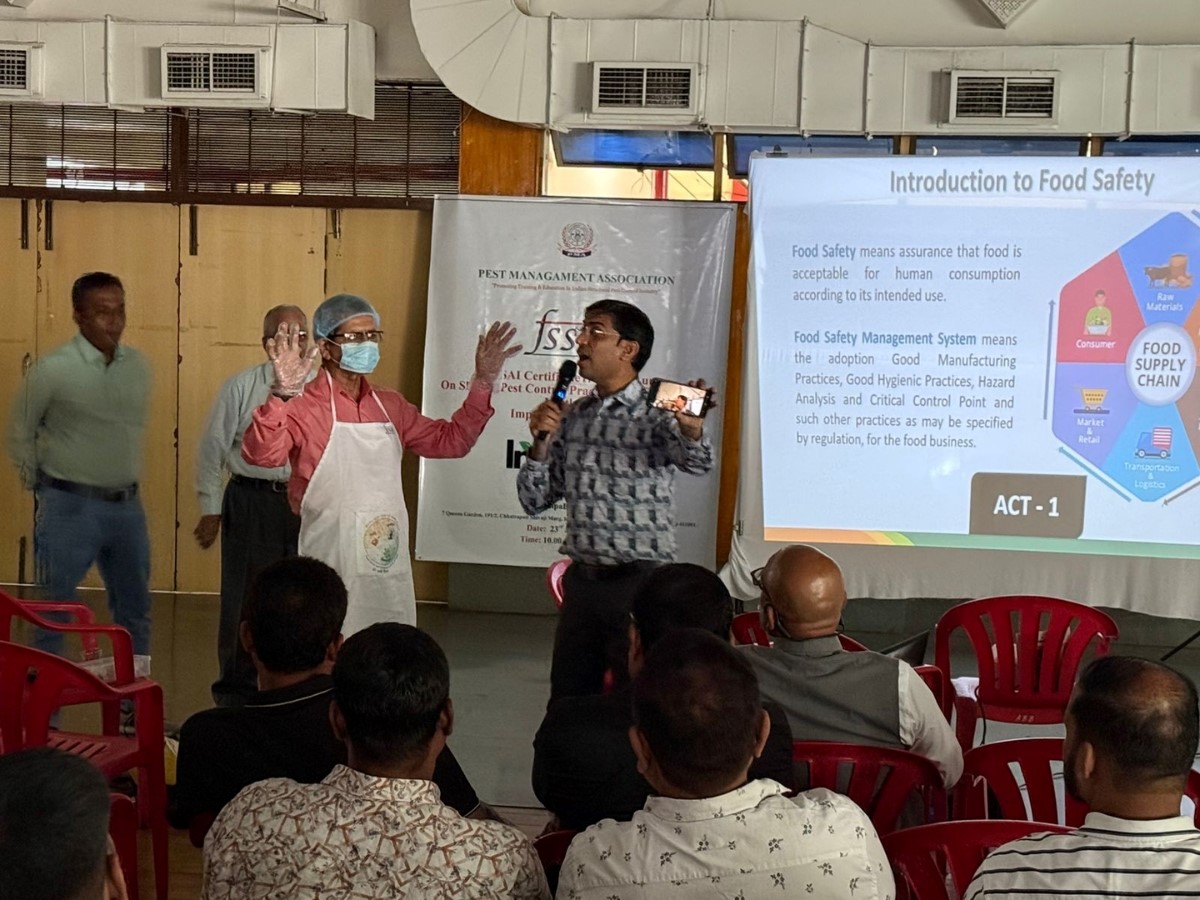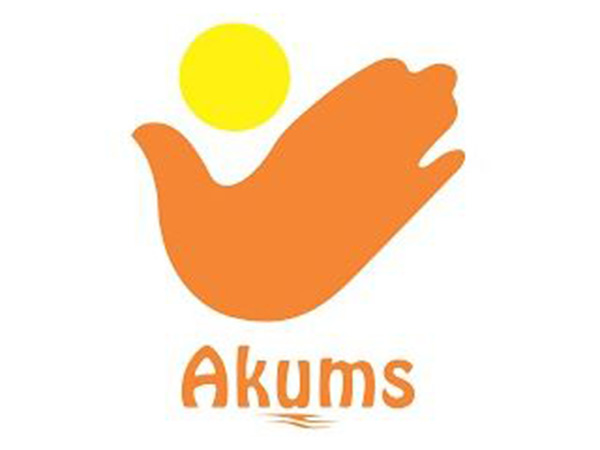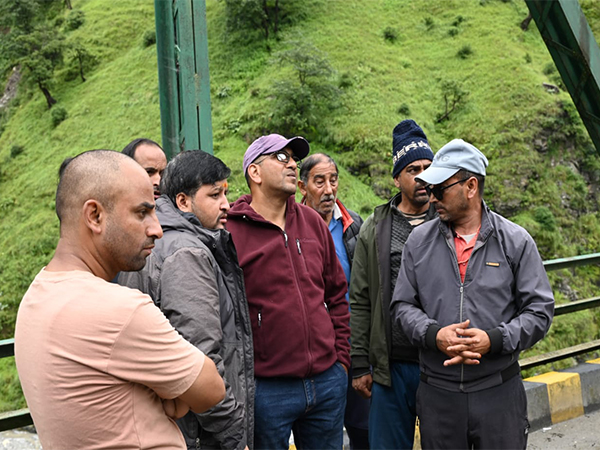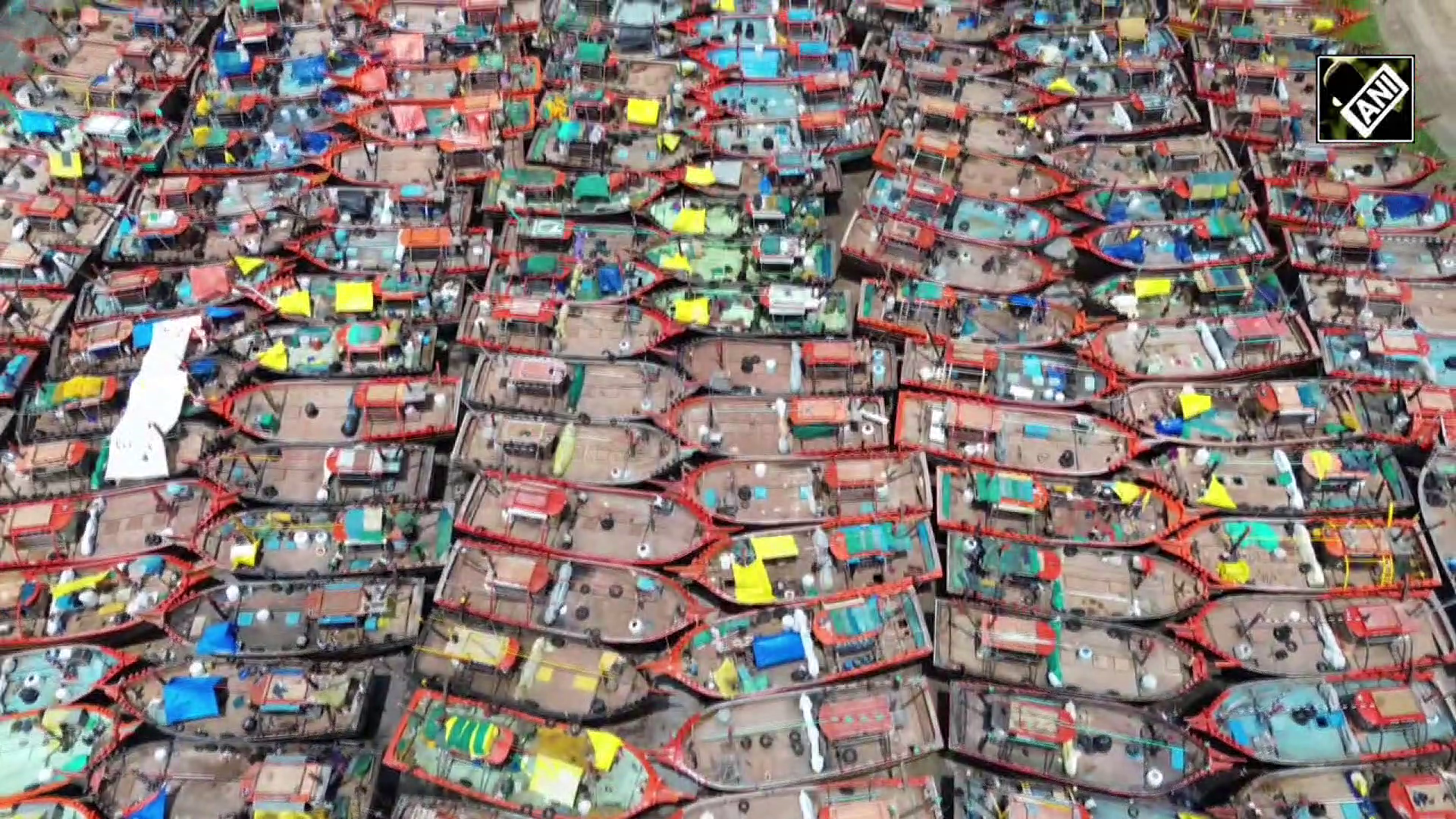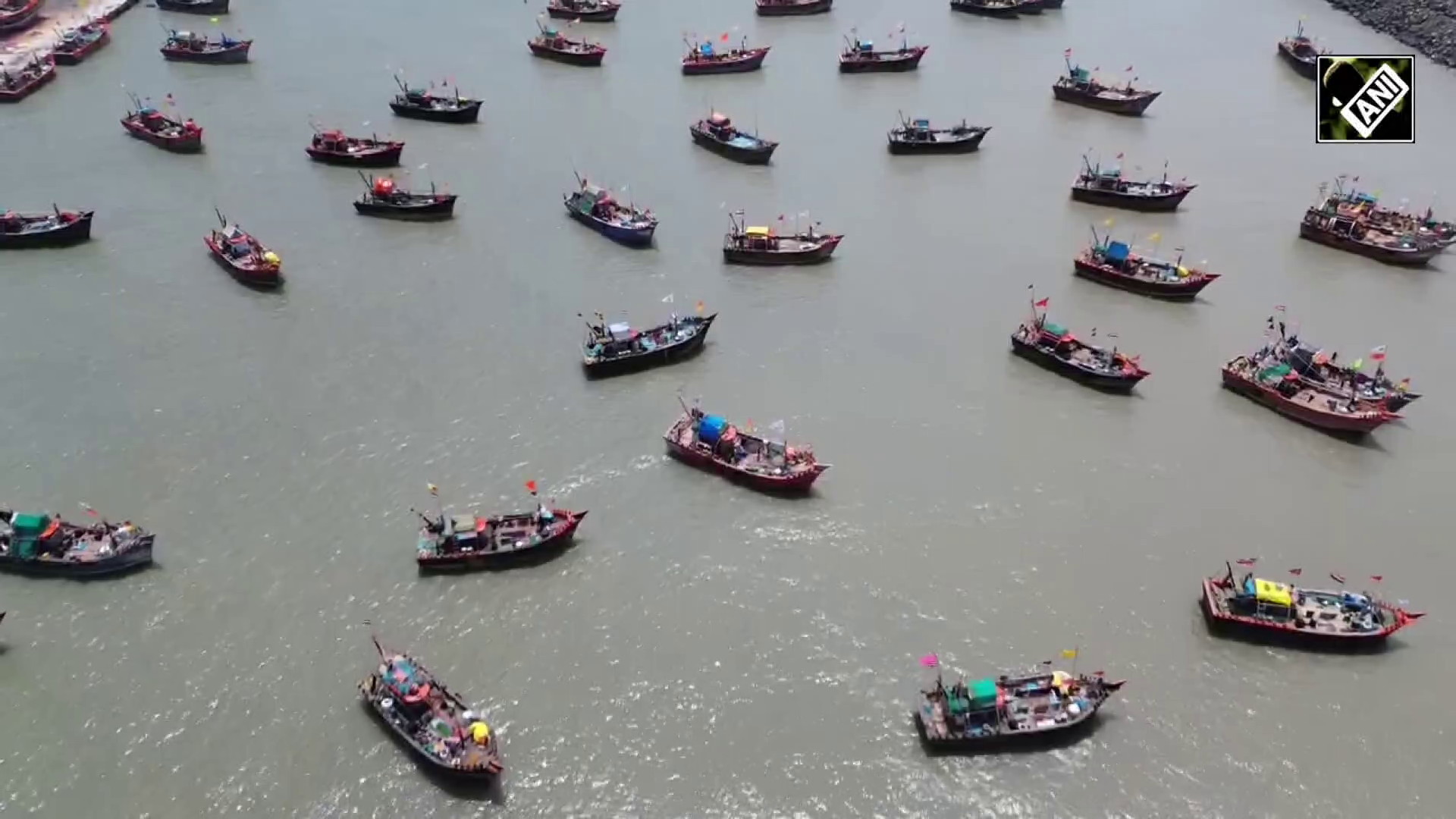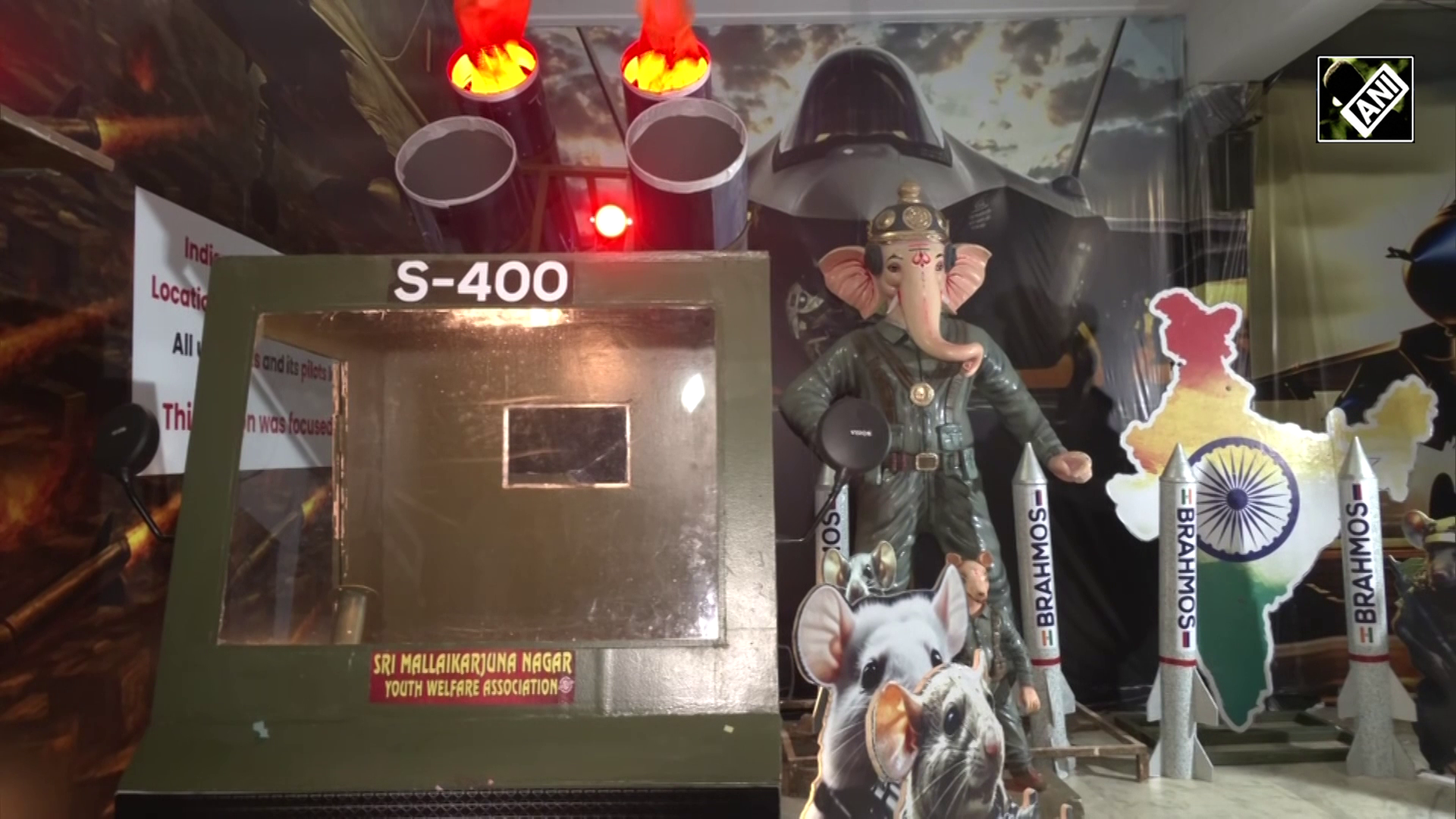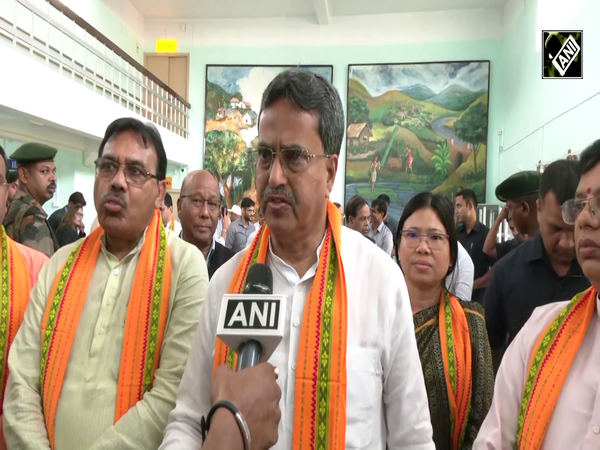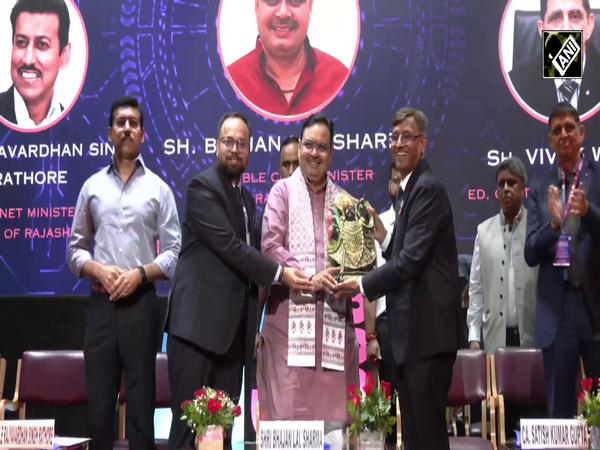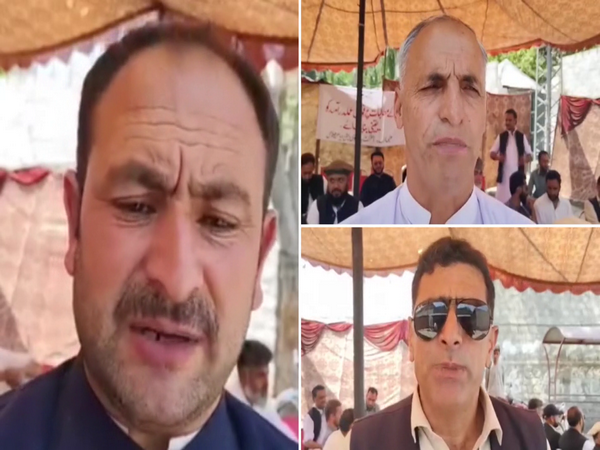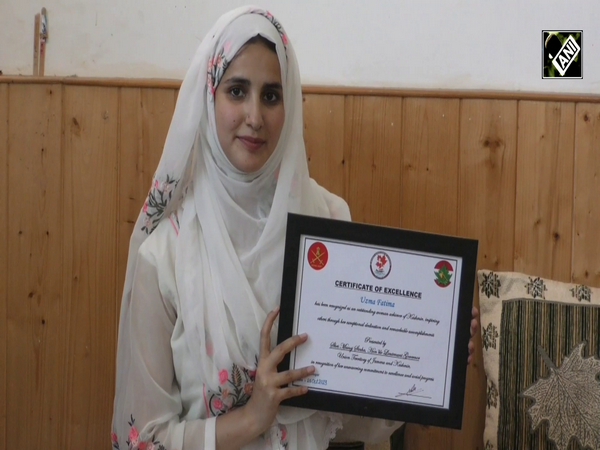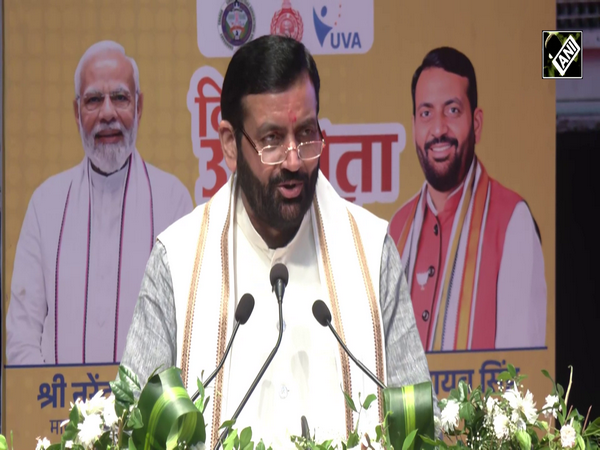IndustriALL Global Union endorses 'call to action to end Uyghur forced labour' in Chinese labour camps
Nov 20, 2020

Geneva [Switzerland], November 20 : While the Chinese government continues to hold members of the Uyghur minority group in forced labour camps, the goods produced by the enslaved workers, particularly cotton, are entering global supply chains.
In light of these events, IndustriALL Global Union has endorsed the global 'Call to Action to end Uyghur forced labour', which demands that leading brands and retailers ensure that they are not supporting or benefitting from forced labour in the Uyghur region.
"It is horrifying that in the 21st century, global capital is still benefiting from slave labour in different business areas, including cotton fields. Because of the urgency of the situation, in the short term it is vital that all global companies heed the Call to Action, map their supply chains, and break any relationships they have with the Xinjiang region of China - whether there is evidence of forced labour or not," said IndustriALL general secretary Valter Sanches.
IndustriALL in an article report stated that the Chinese government has taken dramatic measures to restrict Uyghur birthrates and is attempting to eradicate the language and traditions of this group, while over a million people per year have been detained in forced labour camps.
The union is maintaining pressure on major multinational companies, particularly those which have signed Global Framework Agreements (GFAs), where companies commit to ensuring decent standards across their supply chains, with monitoring systems put in place to ensure compliance.
Some multinationals including H&M, which have a GFA with IndustriALL have cut ties with the Xinjiang region, while others, including Volkswagen, have refused.
Research conducted by IndustriALL and the monitoring committees has confirmed that none of the brands who have signed GFAs with IndustriALL maintain links to production in the Xinjiang region, although difficulties remain in conducting a completely reliable audit, said the union.
Speaking further on the Call to Action, Sanches said: "We also need compliance systems that bring all actors in the production and distribution process together to negotiate a better way to do business. This includes global brands, global unions, national governments, national employer associations and local unions."
The union further stated that factories from several countries order cloth from textile mills, who order cotton from bulk suppliers, who in turn order cotton from bulk suppliers. As global legal frameworks governing supply chains are still weak, it is possible for fraud in the supply chain to go undetected, and for suppliers to hide the origins of cotton.
For the last six years, millions of East Turkistan people, mostly of Muslim faith, have been held in concentration camps, prisons and slave labour camps.
According to survivors' accounts, they are being tortured, killed for their organs, raped, sterilised and executed.
The government-in-exile is advocating for official recognition from the world's governments and parliaments.
Classified documents known as the China Cables, accessed last year by the International Consortium of Investigative Journalists, threw light on how the Chinese government uses technology to control Uyghur Muslims worldwide.
However, China regularly denies such mistreatment and says the camps provide vocational training. People in the internment camps have described being subjected to forced political indoctrination, torture, beatings, and denial of food and medicine, and say they have been prohibited from practising their religion or speaking their language.
